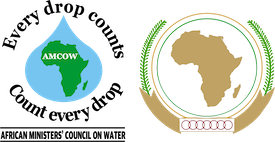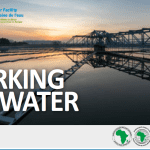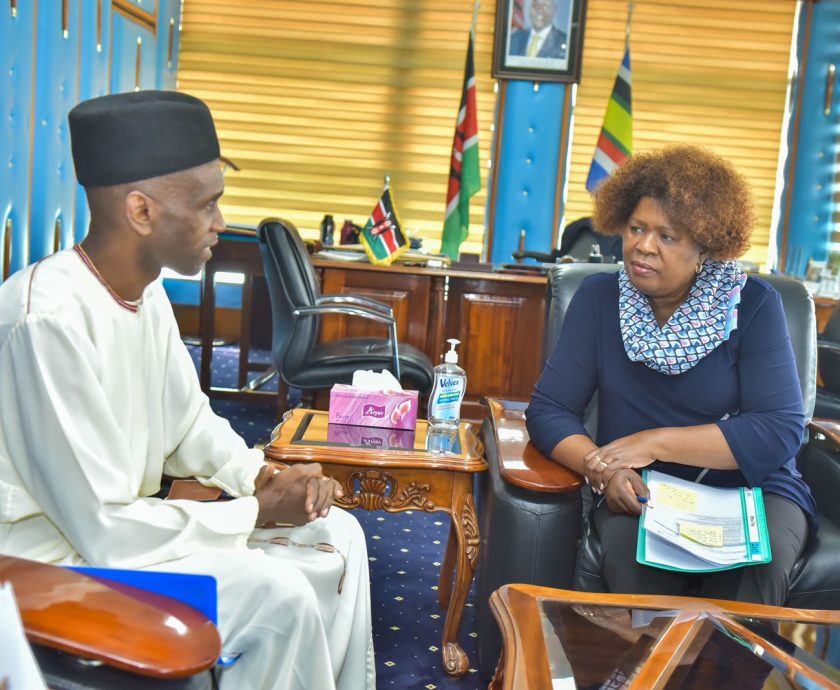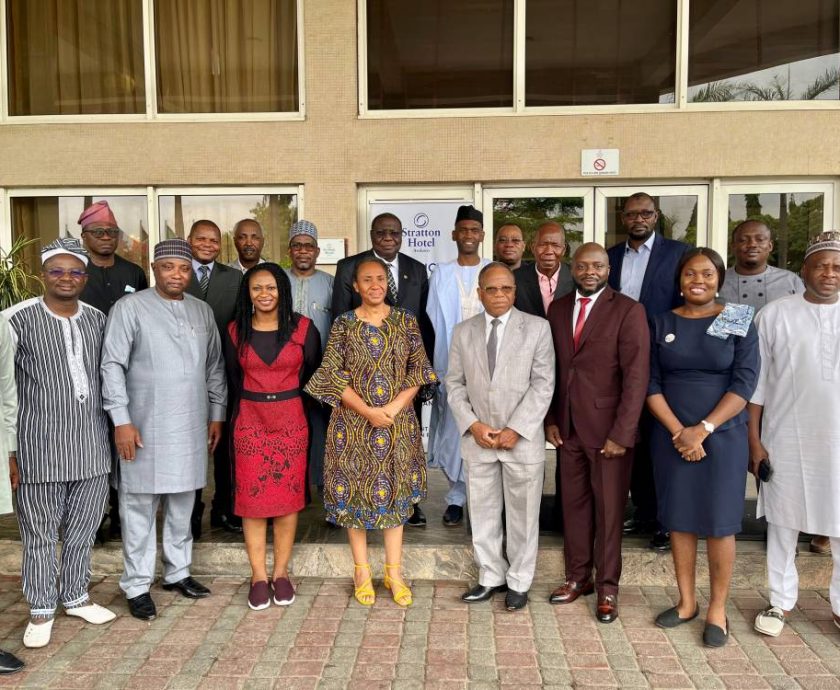ENTEBBE, Uganda – On May 25, 2023, a four-day high-level meeting was held at the Munyonyo Commonwealth Resort in Kampala, culminating in the signing of the Kampala Declaration on Transboundary Water Resources Management in Africa. This pioneering gathering, organised by the African Network of Basin Organizations (ANBO) in collaboration with NBI, African Ministers‘ Council on Water (AMCOW), GIZ, and the World Bank, aimed to foster closer cooperation among these institutions. The focus was enhancing their organisational capacities and increasing their responsiveness to the continent‘s pressing water needs.
The Kampala Declaration commits several key stakeholders, including the African Ministers‘ Council on Water (AMCOW), the African Regional Communities (RECs), the African Network of Basin Organizations (ANBO), the River and Lake Basin Organisations (RLBOs), the African Development Bank, and other Development Partners, to specific actions:
- Strengthen Collaboration: The declaration‘s signatories will work towards reinforcing collaboration mechanisms between River and Lake Basin Organisations. By doing so, they can ensure more effective management of shared water resources, paving the way for socio-economic development in Africa.
- Leverage Resources: Development Partners will provide technical and financial resources through existing and new cooperation arrangements to support transboundary water management. This collaborative effort will be instrumental in achieving regional and global goals, including the African Union Agenda 2063, Africa Water Vision 2025, and the Sustainable Development Goals (SDGs), especially SDG 6 and its targets.
- Investment in Transboundary Projects: Efforts to invest in transboundary projects will be intensified, aligning with regional and global goals. This approach will facilitate progress toward key development objectives and enhance water, energy, and food security while protecting the environment.
- Collaboration in Data and Information Services: The stakeholders recognise the critical role of data and information services in informed decision-making. By strengthening cooperation in this area, they aim to improve knowledge-based decision-making processes across the continent.
- Institutionalise High-Level Engagements: The heads of River and Lake Basin Organisations will engage in regular high-level interactions to assess progress, share lessons, and prioritise actions. The institutionalisation of these engagements will be supplemented by annual meetings to be conducted under the auspices of the Governing Council of the AMCOW Executive Committee.


The meeting commenced with the opening remarks by the Rt. Hon. Rebecca Alitwala Kadaga, First Deputy Prime Minister and Minister of East African Community Affairs, who emphasised the need for adequate water governance at appropriate levels. Professor Patrick Otieno Lumumba delivered a stirring keynote address, highlighting the importance of unity among river and lake basin organisations and the significance of self-reliance.
Representatives from Development Partners, including Anders Jägerskog and Dr Malte Grossman, underscored the value of transboundary water cooperation in preventing conflicts and building climate resilience—the President of the African Network of Basin Organizations, Eng. Sylvester Matemu, highlighted the critical role of cooperation in achieving water, energy, food security and environmental protection.
The closing remarks by Hon. Beatrice Atim Anywar, Uganda‘s State Minister for Water and Environment, emphasised adopting a cooperative approach to tackle the threats to water resources. Dr Rashid Mbaziira, the Executive Secretary of AMCOW, called on stakeholders to implement the commitments outlined in the Kampala Declaration and institutionalise this high-level gathering as an annual event for monitoring progress.
The meeting concluded with an excursion to Jinja, where the delegates visited the Source of the Nile River and a hydroelectric power plant, further highlighting the importance of sustainable water resource management.
The Kampala Declaration marks a pivotal step towards greater transboundary water cooperation in Africa. The commitments made by key stakeholders demonstrate their dedication to addressing the region‘s pressing water challenges and working collaboratively for sustainable development and environmental preservation. By acting on these commitments and institutionalising the annual gathering, African nations can foster a future of shared prosperity and resilience through cooperative management of their precious water resources.
Click here to download the Kampala Declaration.











